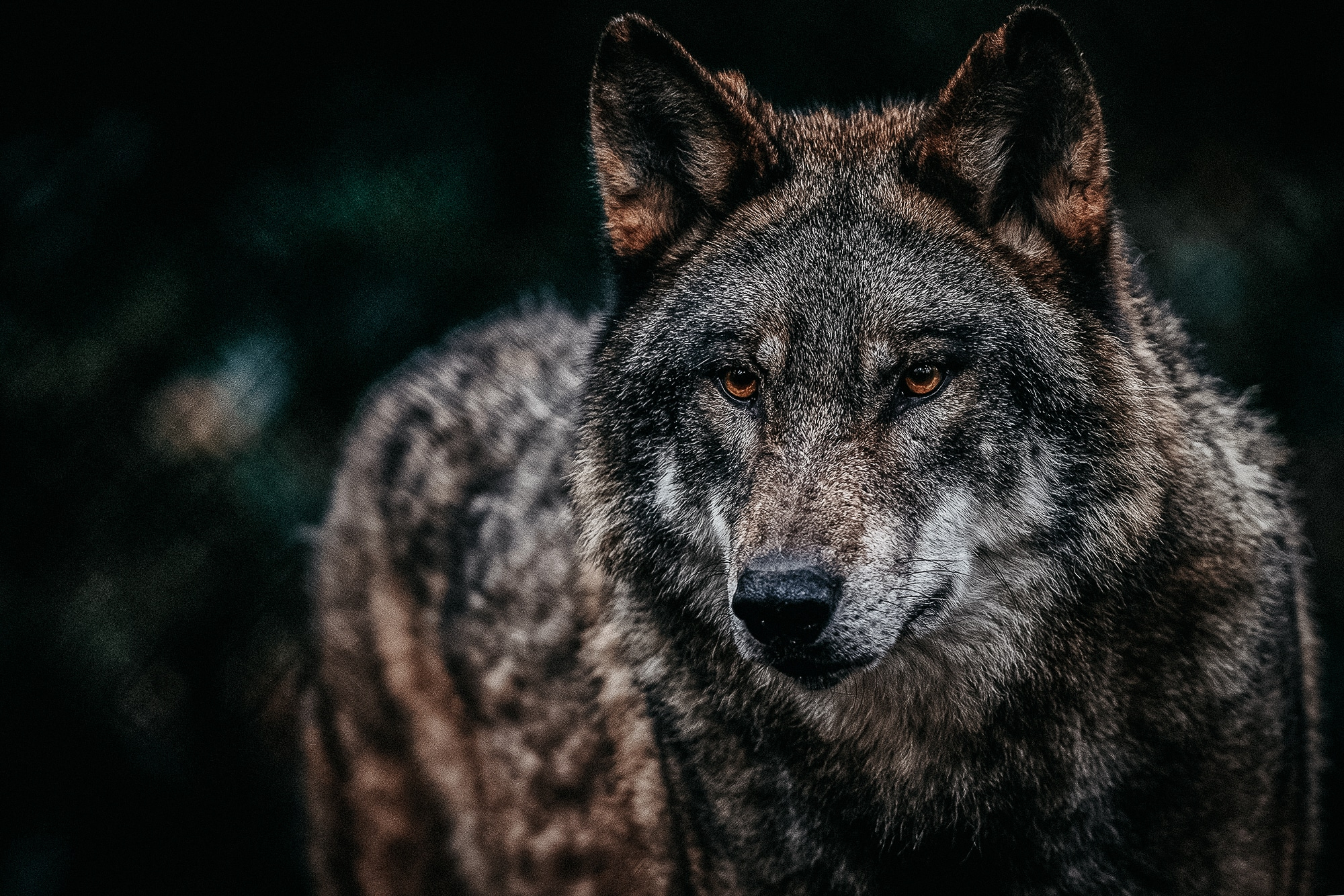The Ancient Ancestry:
Long before dogs became the cherished members of our families, they shared a common ancestor with the gray wolf (Canis lupus). Genetic studies suggest that this split in the evolutionary tree occurred somewhere between 20,000 to 40,000 years ago. At that point, our paths diverged, and dogs embarked on a unique journey of their own.
The Key Differentiator: Lower Testosterone Levels:
One crucial aspect that sets early dogs apart from their wild wolf cousins was their behavior and physiology. Research has shown that these ancestral dogs had lower levels of testosterone compared to other wolves. This could have made them less aggressive and more approachable, setting the stage for a unique relationship with early humans.
Domestication:
As primitive humans roamed the ancient landscapes, they left behind bones and food scraps. These leftovers became a feast for nearby wolves and, as it turns out, our less aggressive, low-testosterone canine ancestors. It was this scavenging behavior that brought early dogs into the proximity of humans.
The Evolutionary Bond:
Over time, a mutually beneficial relationship formed. Humans provided a steady source of food scraps, while dogs offered their loyalty, protection, and hunting assistance. This partnership allowed both species to thrive in a way that neither could have achieved alone.
Genetic Changes and Mutations:
This close association led to significant genetic changes and mutations. Early dogs began to adapt to a diet that included more starchy foods from human settlements. Their bodies developed unique traits, like floppy ears and curly tails, which were not present in their wolf ancestors.
The Road to Domestication:
As generations passed, the bond between humans and dogs grew stronger. Dogs became an integral part of human society, fulfilling roles such as hunting partners, guards, and companions. Over time, selective breeding by humans further shaped the wide variety of dog breeds we have today.
A Lasting Legacy:
From the fierce gray wolf to the friendly Labrador Retriever and loyal German Shepherd, dogs have come a long way. They've not only secured their place as "man's best friend" but have also played critical roles in various aspects of human history, from hunting to herding and even guiding the visually impaired.
The journey from wild wolves to our beloved dogs is a testament to the power of collaboration and the enduring bond between species. Today, dogs continue to enrich our lives with their love and companionship, serving as a reminder of our shared history and the remarkable legacy of domestication.
